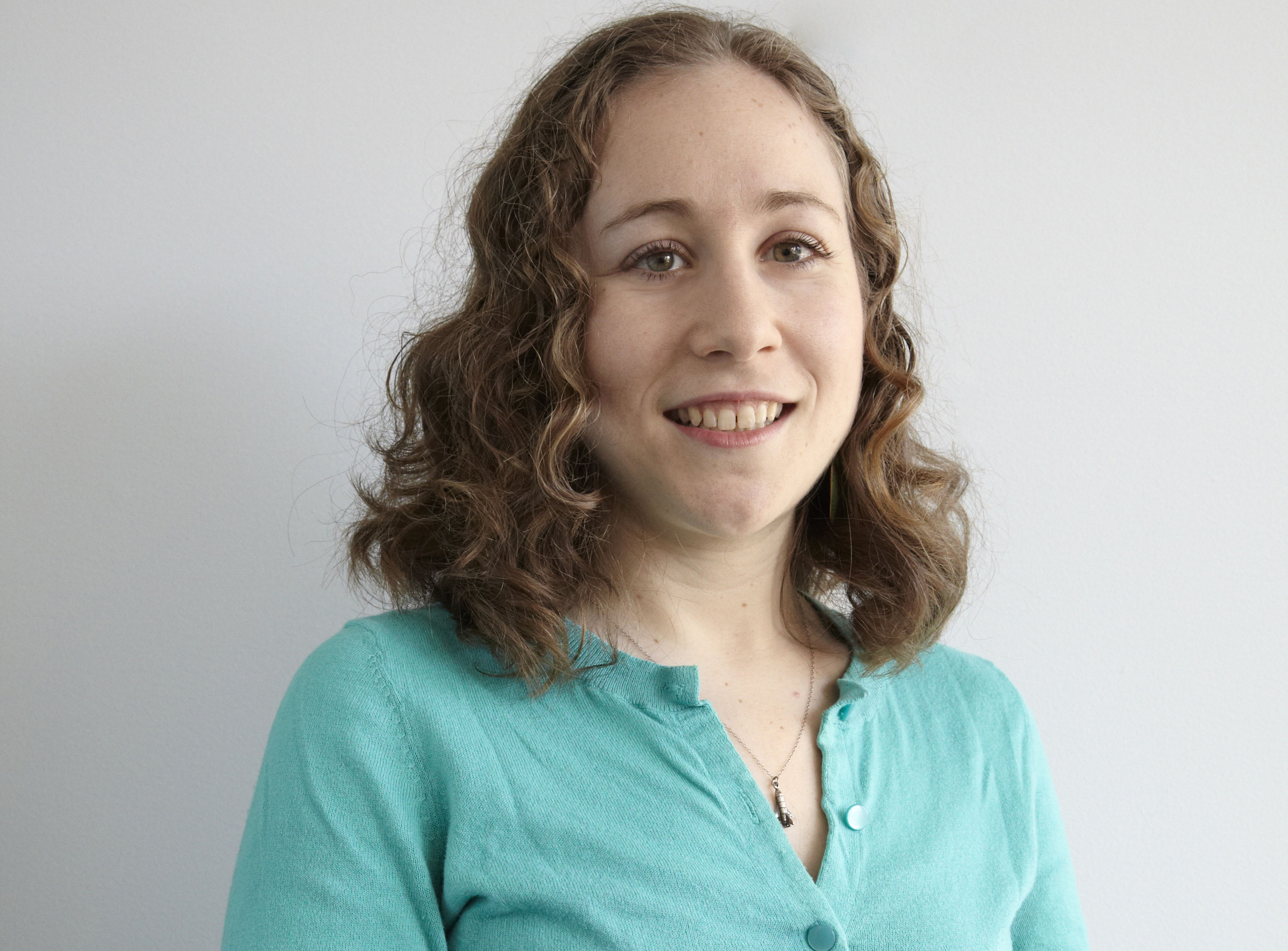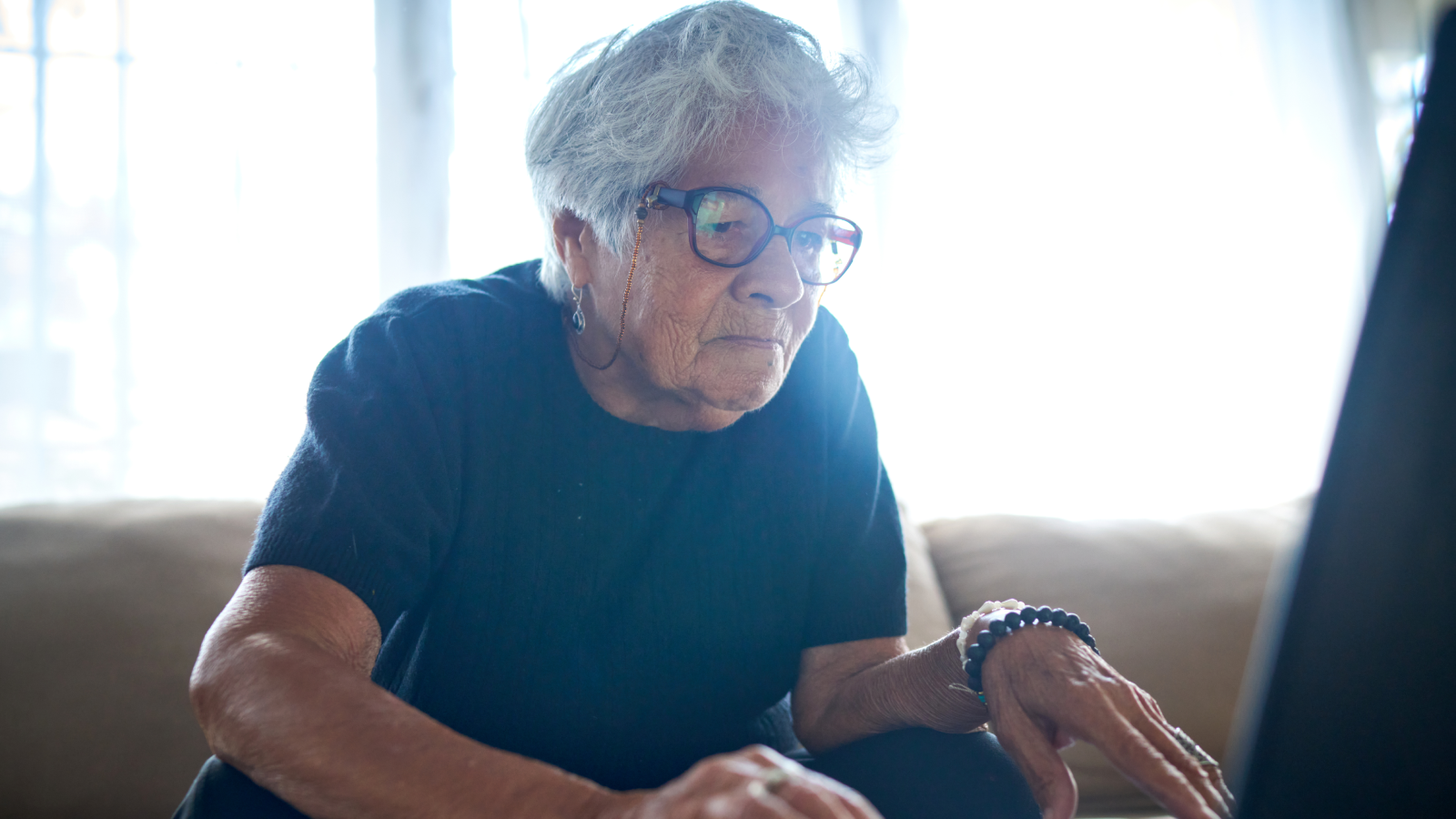Out There: People Who Live Without TV

Get the world’s most fascinating discoveries delivered straight to your inbox.
You are now subscribed
Your newsletter sign-up was successful
Want to add more newsletters?

Delivered Daily
Daily Newsletter
Sign up for the latest discoveries, groundbreaking research and fascinating breakthroughs that impact you and the wider world direct to your inbox.

Once a week
Life's Little Mysteries
Feed your curiosity with an exclusive mystery every week, solved with science and delivered direct to your inbox before it's seen anywhere else.

Once a week
How It Works
Sign up to our free science & technology newsletter for your weekly fix of fascinating articles, quick quizzes, amazing images, and more

Delivered daily
Space.com Newsletter
Breaking space news, the latest updates on rocket launches, skywatching events and more!

Once a month
Watch This Space
Sign up to our monthly entertainment newsletter to keep up with all our coverage of the latest sci-fi and space movies, tv shows, games and books.

Once a week
Night Sky This Week
Discover this week's must-see night sky events, moon phases, and stunning astrophotos. Sign up for our skywatching newsletter and explore the universe with us!
Join the club
Get full access to premium articles, exclusive features and a growing list of member rewards.
For many Americans the thought of life without TV is akin to forgoing food, shelter or, God forbid, the Internet. But about 1 to 2 percent of Americans do abstain from the boob tube, and they might seem like strange bedfellows.
A recent study of those who live without found that about two-thirds fall into either the "crunchy granola set" or the "religious right, ultraconservative" camp, said researcher Marina Krcmar, a professor of communication at North Carolina's Wake Forest University. Krcmar interviewed 120 people from 62 different households who do not watch television, as well as 92 people from 35 households with TV, and described her findings in a new book, "Living Without the Screen" (Routledge, 2008).
Aversion to television, it turns out, is a common ground for the very liberal and the very conservative.
"I interviewed one guy who was 31, single, an artist living in Boston, who saw himself as countercultural," Krcmar told LiveScience. "The next day I had an interview with a religious woman with ten children who lived in the Midwest. These people seem like they would disagree about almost everything, but if you ask them about television the things that came out of their mouths were almost identical."
Why do people give it up?
Krcmar herself lives on the dark side, having given up television about 13 years ago.
"It's just something I don't want in the home — it's a perpetual annoyance, like a gnat," she said.
Get the world’s most fascinating discoveries delivered straight to your inbox.
The motivations for most people who abandon TV fall into three categories, Krcmar found.
Some give it up to avoid exposing their families to the excessive sex, violence, and consumerism they feel are promoted onscreen. Others object to the medium itself, claiming television intrudes too much into their lives, interferes with conversation and takes time away from the family. Finally, some people have a beef with the power and values of the television industry and don't want its influence in their homes.
In contrast to the average American adult, who watches three hours of television a day, non-watchers fill their time with a plethora of activities.
"Non-viewers had a greater variety of things that they did with their free time than viewers did," Krcmar said. "It's not just that they were reading instead of watching TV. They were hiking and biking, and going to community meetings and visiting with friends. Overall, they tend to do more of everything."
Are they right?
Science does in fact support many non-watchers' worst fears about TV.
"The research tends to show that increased exposure to television and violence results in greater aggression in children," Krcmar said. "That's a pretty consistent finding."
Though not all children become more violent, and everyone reacts uniquely, it's fair to say that what we watch affects us.
When parents did cut television out of their homes, they reported that their kids didn't bug them as much for junk food and toys advertised on TV. They also said giving up television made their children easier to manage.
"It's sort of counter-intuitive, because people think their kids would drive them nuts without TV," Krcmar said. "But parents found that kids became very good at entertaining themselves and didn't need to be entertained all the time by something that was lively and active. They didn’t complain about being bored."
Downsides of life without TV
People who had relinquished television didn't report too many downsides. Most felt satisfied getting their news from newspapers and radio, and while some people said they felt less connected to pop culture, "many adults noted that as a point of pride," Krcmar said.
Even most kids in non-watching households seemed to agree with their parents that they were better off without the reviled medium, though a number of kids around ages 10 to 13 said they resented feeling left out when other kids talk about shows and actors on television. By the time they reached later adolescence around age 14 and 15, though, most had come full circle and said they didn't really like TV and didn't mind doing without.
For those who want to experience some of the benefits of life without the tube, but don't feel ready to go cold turkey, Krcmar said she thinks good things can come just by setting limits.
"I think you can have the benefits just by having kids watch less television," she said. "Be selective about content. You don’t go to a restaurant and let them eat anything on the menu. Instead you say choose something that's healthy that you would enjoy."
A similarly restrained approach to TV could go a long way toward protecting kids from the downsides of TV.
- 10 Technologies That Will Change Your Life
- Innovations: Ideas and Technologies of the Future
- Forget Crystal Balls: Let the Power of Math Inform Your Future
 Live Science Plus
Live Science Plus











